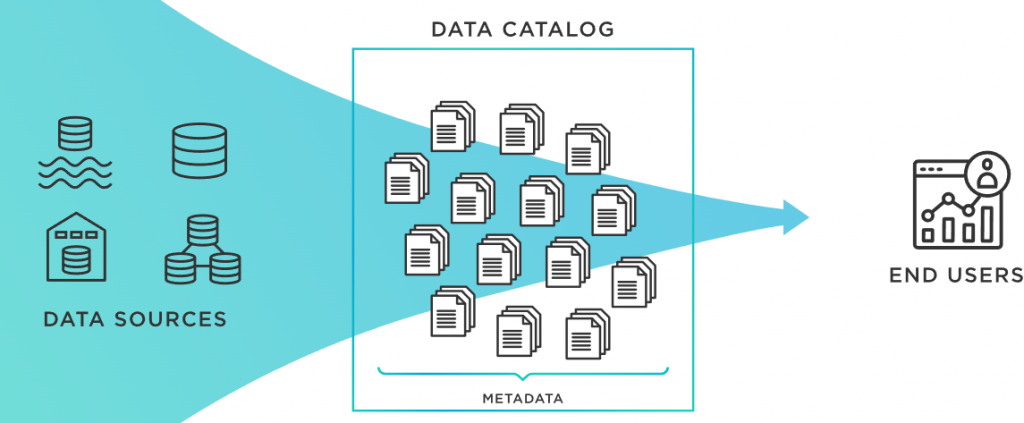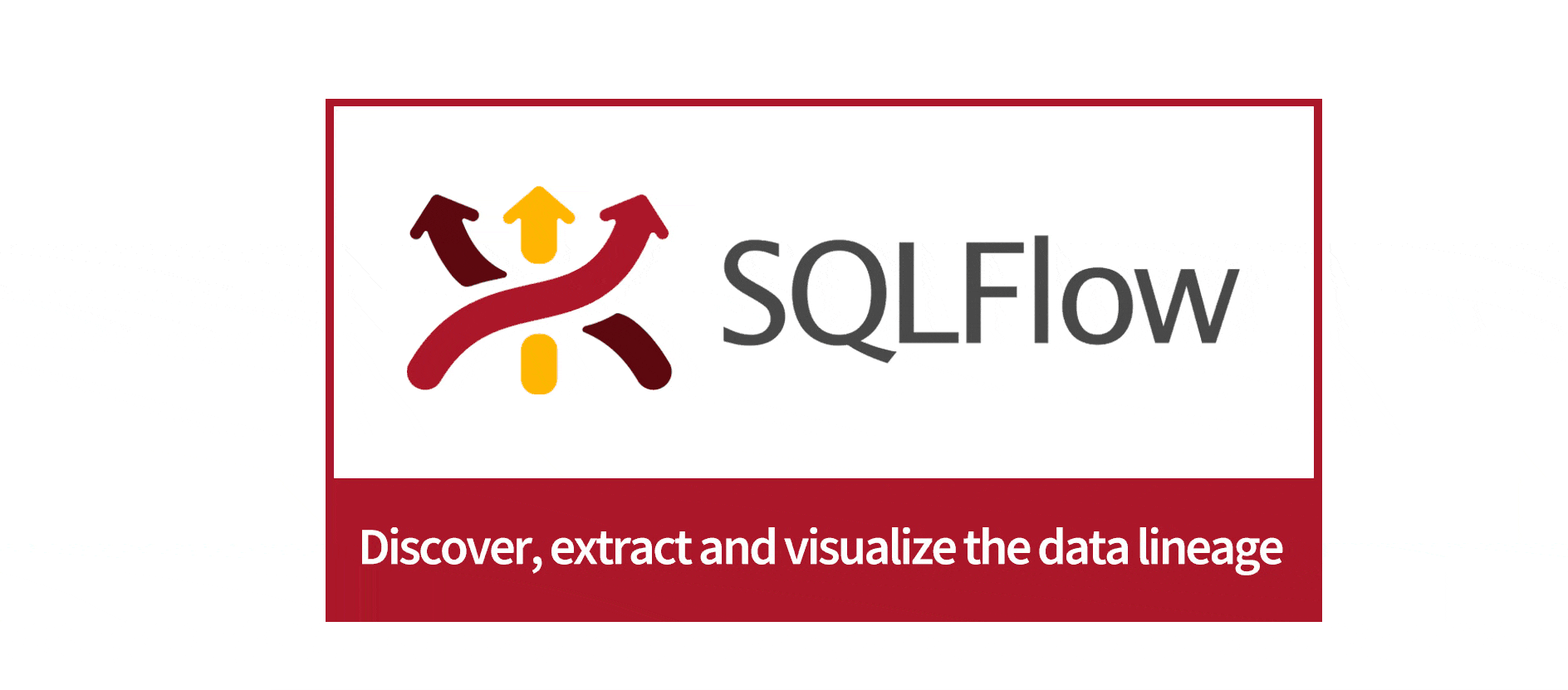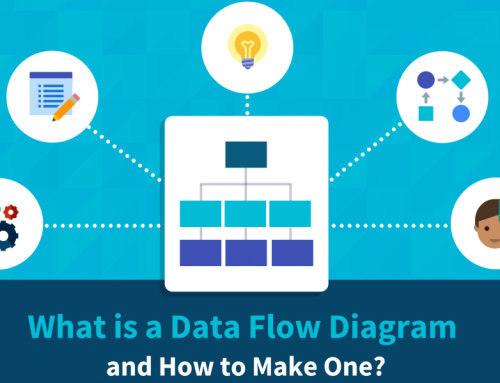How to Choose the Best Data Catalog for Your Enterprise Data?
Data catalogs have become an important part of an enterprise data management strategy, but choosing the right data catalog is no simple matter. Before making a decision, one must understand the various options on the market and what should be prioritized. Data catalogs are metadata management tools that help businesses find and manage large amounts of data. The idea behind the data catalog is to centralize metadata in one place and provide a complete view of the data across the database.
It also contains information about the location of each specific data point. Before choosing a supplier, businesses need to understand the market and their needs and expectations. This article helps you choose the best data catalog for your enterprise data.

How to Choose the Best Data Catalog?
Why is the data catalog important?
According to Joe Maguire, senior research director at Gartner, there are three main sources of enterprise demand for data catalog tools.
The number one driver of enterprise use of data catalogs is that metadata management has become increasingly difficult. The data schema is more complex, and the volume of data is too large to manually collect and describe metadata.
“Even technologies designed to simplify the architecture, such as data lakes that provide a single architectural component for storing various data, can complicate metadata management,” Maguire said.
In the face of growing data volumes, some businesses are not expanding their metadata management.
“It is by ignoring the metadata in the data lake that people have had to coin the term ‘data swamp’ to describe a data lake where data is cluttered and no one can clean it,” Maguire said.
The second factor is that the need for data governance is increasing as businesses pursue self-service analytics and data science. This also leads to higher demand for data catalogs. Metadata is the foundation of data governance, and data catalogs make it easier to access metadata.
The third factor is that this market has proven its worth. Vendors’ offerings have become increasingly diverse and can really help businesses that need data governance and metadata management. Features such as automatic metadata discovery, data lineage, and support for data management activities make data catalogs attractive to enterprises.
Data Catalog Category
According to Maguire, when discussing data catalogs, the most important difference is understanding the difference between enterprise data catalogs and embedded data catalogs.
“Enterprise data catalog is designed to consolidate metadata from various metadata silos, whereas Embedded data catalog is the set of metadata management capabilities available in other products,” Maguire said.
Enterprise data catalog options can be DBMS, data warehouse or BI platform. Embedded data catalogs create metadata silos – metadata silos that enterprise data catalogs attempt to consolidate.
The following are the most common data catalogs:
- Standalone data catalogs. These data catalogs are universal, independent, and business-oriented, and can be widely used for data management, analysis, and data governance. This option is suitable for businesses that must classify data for multiple use cases. Vendors currently offering independent data catalogs include Alation, Collibra, Informatica and Data.World.
- A metadata management tool that provides catalog functionality. Modern data catalogs are primarily aimed at data stewards and data analysts who automate metadata management tasks. In its latest report on enhanced data catalogs, Gartner warns that some vendors are rebranding their metadata management tools as data catalogs. You should do your own research to make sure you choose the right tool.
- Data Lake support tool with data catalog capabilities. As businesses continue to build data lakes, they need data that is searchable and reusable. This has led vendors to increase the data catalog aspect in their products. Both Zaloni and Cloudera Navigator fall into this category. Those companies that are daunted by the adoption of data lakes can consider these vendors.
Once your business has settled on a choice of enterprise data catalog or embedded data catalog, you can move on to finding functionality. A good data catalog should provide a lot of functionality.
What should a good data catalog provide?
As a business, it’s up to your own team to determine which products are most relevant to your data. Suppliers’ data catalogs share certain characteristics and must first be assessed for quality.
An important function of the data catalog is its search function. Without flexible search and filter options, users will not be able to find datasets for data engineering and analysis purposes. Data catalogs must also collect metadata from a large number of linked data assets. It must also provide automation and data intelligence to handle manual tasks related to data cataloging. AI and machine learning can augment data with recommendations.
The data catalog should also connect to the various components of the data architecture within the enterprise. An enterprise data catalog can be thought of as a data warehouse for metadata, Maguire said. A data catalog consolidates metadata from metadata silos, similar to how a data warehouse consolidates data from data warehouse silos.
Another important function of the data catalog is to provide connectors to obtain metadata from various components such as DBMS, BI tools and data warehouses. The data catalog supports the following four types of metadata:
- Technical metadata, describing the data model, storage schema, file layout, and API.
- Operational metadata that describes data lineage, performance, and log file output resulting from various operations on the data.
- There are two types of business metadata. One is metadata that describes the business, such as the contents of a business data vocabulary. Another is to describe how business roles interact with data assets, such as data stewards, data custodians, self-service analysts, where data stewards are responsible for specific data assets.
- Social metadata constitutes knowledge, such as attestations or endorsements of certain data assets, or other user-generated annotations of entries in the data catalog.
Common Suppliers of Data Catalog:
There are many enterprise and embedded data catalogs on the market, and these options often have similar and overlapping functionality. Below is a brief comparison of the data catalog options.
- Alation data catalog. Alation is a standalone data catalog tool that uses AI to capture context for data within an enterprise. It is considered an easy-to-use option for all employees.
- Qlik catalog. Qlik’s data catalog also features automated data preparation and metadata tools to assist in the transformation of raw data. It also has a data mart that allows users to search and publish datasets.
- Cloudera data catalog. Cloudera’s data catalog enables users to discover, log, and monitor their data. At the same time, this product allows users to audit access and protect sensitive information from unauthorized access.
- Collibra catalog. This option is another independent data catalog that is built with business end users in mind. It’s a searchable repository that makes finding and understanding data easier. It also allows administrators to document roles and responsibilities.
- IBM Watson knowledge catalog. This is an open smart data catalog for AI model governance as well as data. This option provides users with real-time data virtualization support, dynamic data masking, and automatic metadata generation.
- Oracle cloud infrastructure. Oracle products provide search and explore options that allow users to find data from a variety of different sources through multifaceted searches and filters, and gather technical metadata about data assets.
Conclusion
Thank you for reading our article and we hope it can help you to find the best best data catalog for your enterprise data. If you want to learn more about best data catalog, we would like to advise you to visit Gudu SQLFlow for more information.
As one of the best data lineage tools available on the market today, Gudu SQLFlow can not only analyze SQL script files, obtain data lineage, and perform visual display, but also allow users to provide data lineage in CSV format and perform visual display. (Published by Ryan on Jul 2, 2022)
If you enjoy reading this, then, please explore our other articles below:



